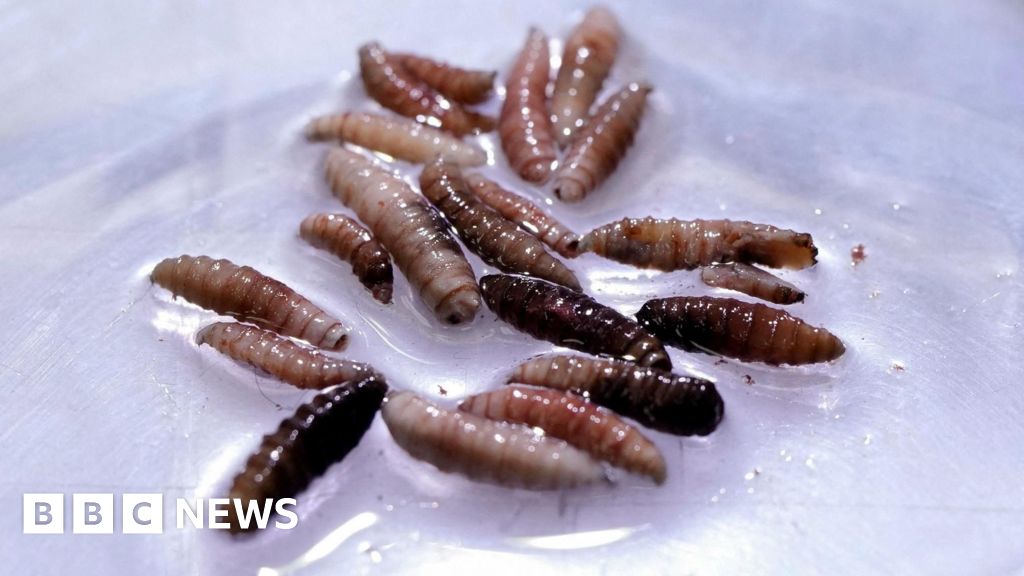The first human case of a flesh-eating parasite infestation has been confirmed in the U.S., authorities say. New World screwworm (NWS) myiasis was found in a patient who returned to the U.S. from El Salvador, the Department of Health and Human Services said on Monday. The case was confirmed on August 4. NWS myiasis is a parasitic infestation of fly larvae, or maggots, caused by parasitic flies. The pest primarily affects livestock, and authorities have said the risk to U.S. public health was currently very low.
The Centers for Disease Control and Prevention (CDC) worked with Maryland's health department to investigate the case. HHS spokesperson Andrew Nixon stated that it is the first human case of travel-associated NWS myiasis from an outbreak-affected country identified in the U.S. The devastating pest, which feeds on live tissue, typically found in South America and the Caribbean, has now been confirmed in every Central American country including Mexico. Humans are susceptible to infestation, particularly those with open wounds. The USDA's Animal and Plant Health Inspection Service and other agriculture agencies are responding to the outbreak, emphasizing that severe economic impacts could threaten over $100 billion in activity tied to the livestock industry.
The Centers for Disease Control and Prevention (CDC) worked with Maryland's health department to investigate the case. HHS spokesperson Andrew Nixon stated that it is the first human case of travel-associated NWS myiasis from an outbreak-affected country identified in the U.S. The devastating pest, which feeds on live tissue, typically found in South America and the Caribbean, has now been confirmed in every Central American country including Mexico. Humans are susceptible to infestation, particularly those with open wounds. The USDA's Animal and Plant Health Inspection Service and other agriculture agencies are responding to the outbreak, emphasizing that severe economic impacts could threaten over $100 billion in activity tied to the livestock industry.




















